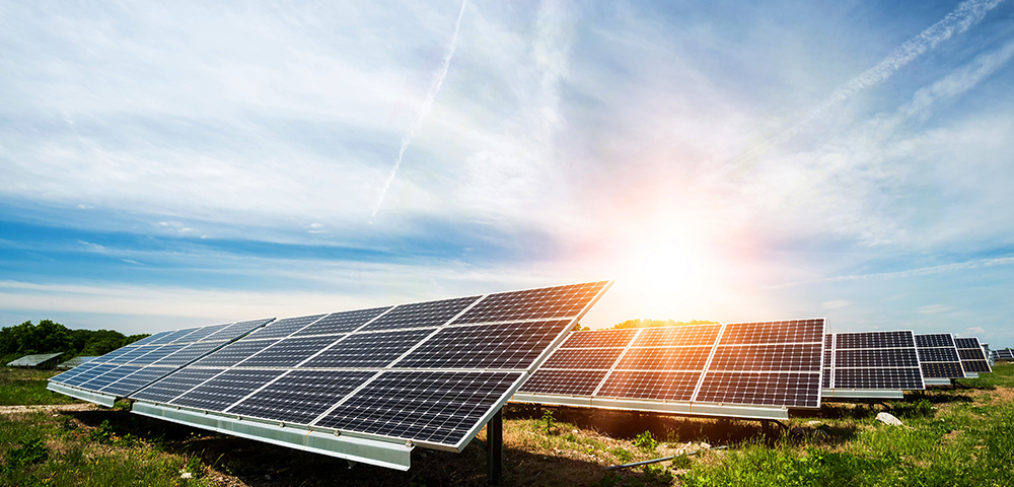PRESS RELEASE
Wednesday, August 21, 2019
AUBUCHON HARDWARE AND RELAY POWER ANNOUNCE COMMUNITY SOLAR PARTNERSHIP
Aubuchon Hardware and Relay Power have entered into a partnership agreement to get the word out to Aubuchon customers and employees about the opportunity to sign up for Relay Power Community Solar. Those who participate will receive guaranteed savings on their electricity, while supporting and facilitating clean energy production here in Massachusetts. Participants will also receive a gift card to use at any Aubuchon Hardware location. The solar farms are all located in Massachusetts. All National Grid electricity and Western Massachusetts Eversource electricity customers are eligible to participate.
“Relay Power is very pleased to partner with Aubuchon Hardware on this exciting partnership,” said Bill Kanzer, Co-Founder at Relay Power. “Connecting the Aubuchon Hardware customers and employees to community solar farms provides them with additional value – both in savings and in being able to help combat climate change and other pollution.”
Aubuchon Hardware Vice President of Marketing, Mike Mattson added, “This is a great partnership. I particularly love how, through Relay Power, we now have the ability to provide our customers with a great electricity option that provides both value to their wallets and the environment.”
Qualified residents who sign up for the solar program will receive discounted credits from their solar farm on their monthly electric bills while supporting clean, local solar power in Massachusetts. Interested residents can contact Relay Power for a free consultation about the solar opportunity by visiting www.relaypower.com/aubuchon, or by calling 617-315-4980 and mentioning the Aubuchon Rewards offer.
###
For additional press information please contact:
Bill Kanzer, President, Relay Power
781-530-4525
marketing@relaypower.com
Mike Mattson, Vice President of Marketing, Aubuchon Hardware
978-874-0521 x1119
mmattson@aubuchon.com
About Relay Power
Relay Power’s mission is to engage residential customers to power their homes with clean, local renewable power using simple, accessible and affordable options. The Relay Power team has contracted residential and small commercial customers for over 30 MW of Community Solar projects to date. To learn more about Relay Power please visit www.relaypower.com/aubuchon.
About Aubuchon Hardware
Founded in 1908, in Fitchburg, MA, Aubuchon Hardware is the oldest family-owned and managed hardware store chain in America. With more than 100 stores in New England and Upstate New York, Aubuchon has been a mainstay for generations. Aubuchon relies on convenient in-town locations, personalized customer service and its HardwareStore.com e-commerce site.
www.hardwarestore.com
PR NEWSWIRE: https://www.prnewswire.com/news-releases/aubuchon-hardware-and-relay-power-announce-community-solar-partnership-300904832.html











